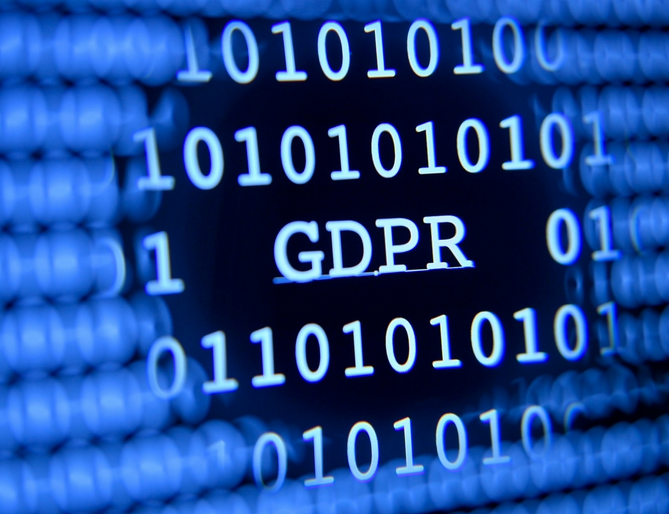As businesses increasingly rely on digital solutions to store and process data, the importance of ensuring compliance with data protection regulations has never been greater. The General Data Protection Regulation (GDPR) and other industry-specific standards mandate strict guidelines for handling personal data. The administration of information and Communication Technology (ICT) ensures compliance with these regulations. By implementing robust IT systems, monitoring data security, and maintaining transparency, ICT administrators help safeguard data and minimize non-compliance risk.
1. Implementing Data Protection Measures
One of the primary responsibilities of ICT administration is implementing and maintaining effective data protection measures. Under GDPR and other compliance standards, organizations must ensure that personal data is processed securely, stored safely, and transmitted only to authorized parties. ICT administrators are responsible for setting up firewalls, encryption, access controls, and data backup systems that protect sensitive information from unauthorized access or data breaches.
By implementing these technical and organizational safeguards, ICT administrators help reduce the risk of data leaks or violations that could lead to costly penalties or reputational damage.
2. Ensuring Proper Data Access Controls
GDPR emphasizes the principle of data minimization, which means that only necessary data should be collected and processed, and access should be strictly controlled. ICT administrators must establish access control policies to ensure only authorized personnel can access personal data. This includes setting up role-based access, multi-factor authentication, and reviewing access logs to detect unauthorized activity.
By ensuring that only the right people have access to sensitive data, ICT administrators play a key role in reducing the risk of data misuse or breaches, which can lead to non-compliance with data protection laws.
3. Monitoring and Auditing Data Processing Activities
Regular monitoring and auditing are critical in ensuring compliance with GDPR and other relevant standards. ICT administrators are responsible for setting up monitoring systems that track data processing activities, identify potential risks, and flag non-compliant actions. Regular audits also ensure data processing activities align with the organization’s privacy policy and comply with legal requirements.
An effective system of continuous monitoring and auditing can help identify weaknesses before they become critical issues, allowing the organization to take proactive measures to address any gaps in compliance.
4. Training and Awareness Programs
Ensuring compliance with GDPR and other standards isn’t solely the responsibility of the ICT department; it requires organization-wide commitment. ICT administrators often play a crucial role in training staff and raising awareness about data protection requirements. Regular training sessions help employees understand the importance of data security, the risks of non-compliance, and how they can help protect personal data in their daily activities.
5. Staying Updated with Regulatory Changes
Regulations like GDPR are constantly evolving to address emerging privacy concerns. ICT administrators must stay informed about any updates or changes to compliance standards and ensure that the company’s systems remain current with the latest legal requirements. This might involve system upgrades, reconfiguring data processes, or introducing new security measures to address changing regulations.
Conclusion
ICT administration is crucial in maintaining GDPR and other compliance standards. From implementing data protection measures to ensuring proper access controls, monitoring processing activities, and training staff, ICT administrators ensure that organizations can handle personal data responsibly and comply with regulations. By actively managing these aspects, ICT administrators help mitigate non-compliance risk and contribute to the organization’s long-term data security strategy.
#GDPR #Compliance #ICTAdministration #DataSecurity #PrivacyProtection #InformationSecurity #AccessControl #DataProtection #RegulatoryCompliance #CyberSecurity

